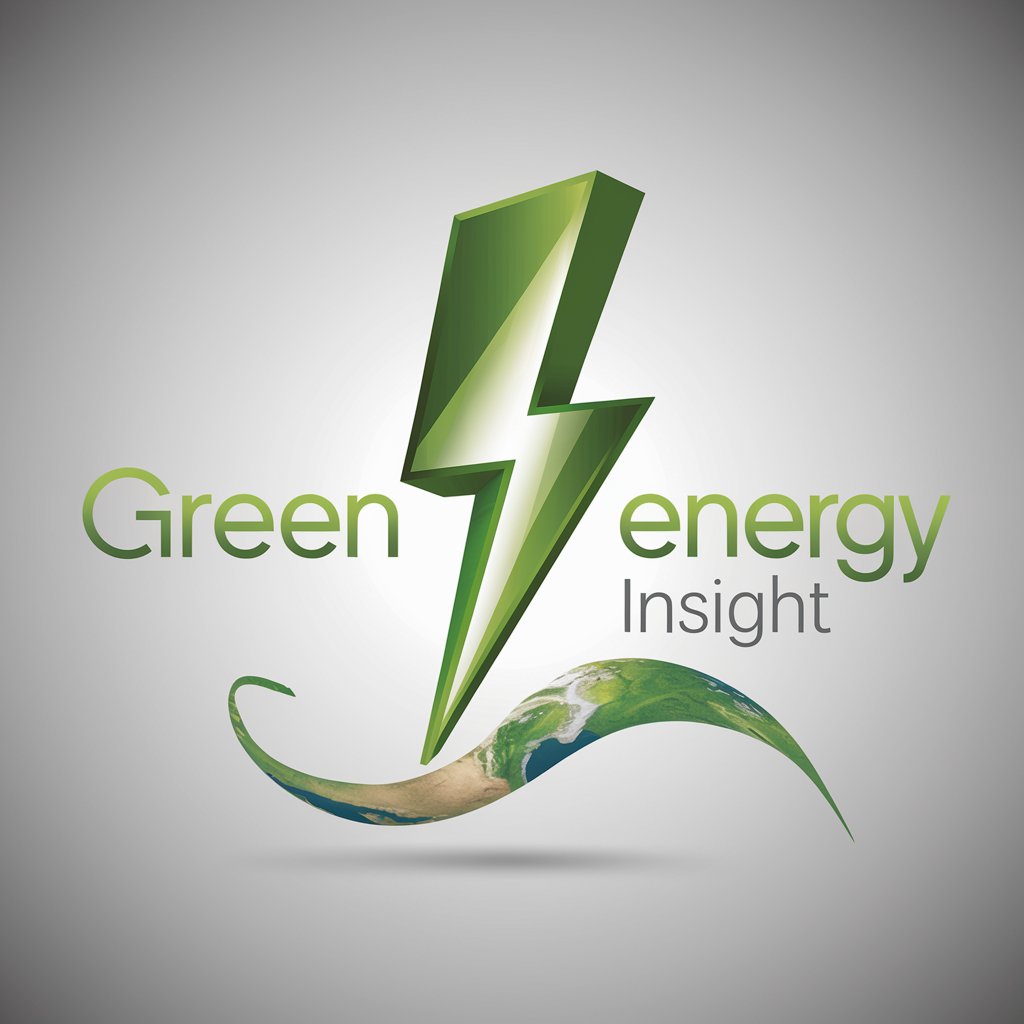
Author: greenenergyinsight
-
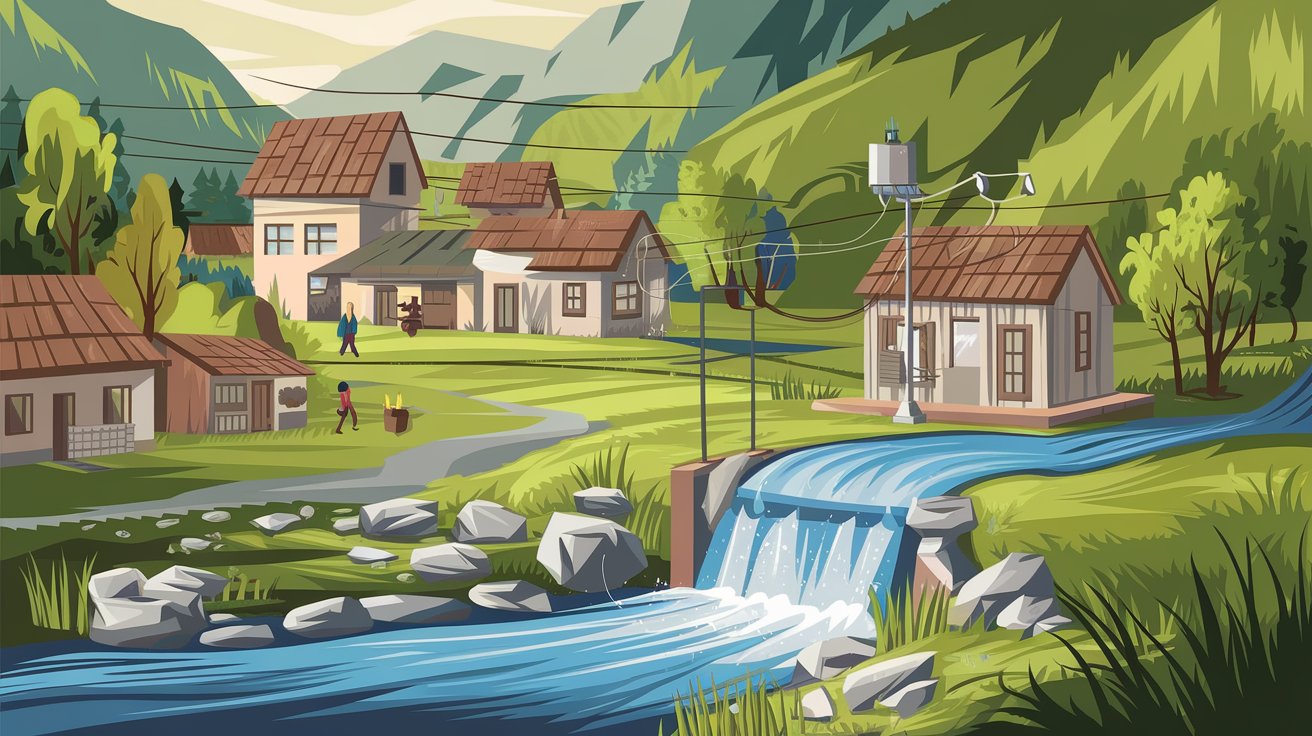
Small-Scale Hydropower for Local Communities
Small-Scale Hydropower for Local Communities: A Game-Changer for Sustainability Transitioning to renewable energy sources is essential for combating climate change and ensuring sustainable development. Among various renewable options, small-scale hydropower for local communities has emerged as a practical, eco-friendly solution for powering rural and underserved areas. By leveraging the natural flow of rivers or streams,…
-
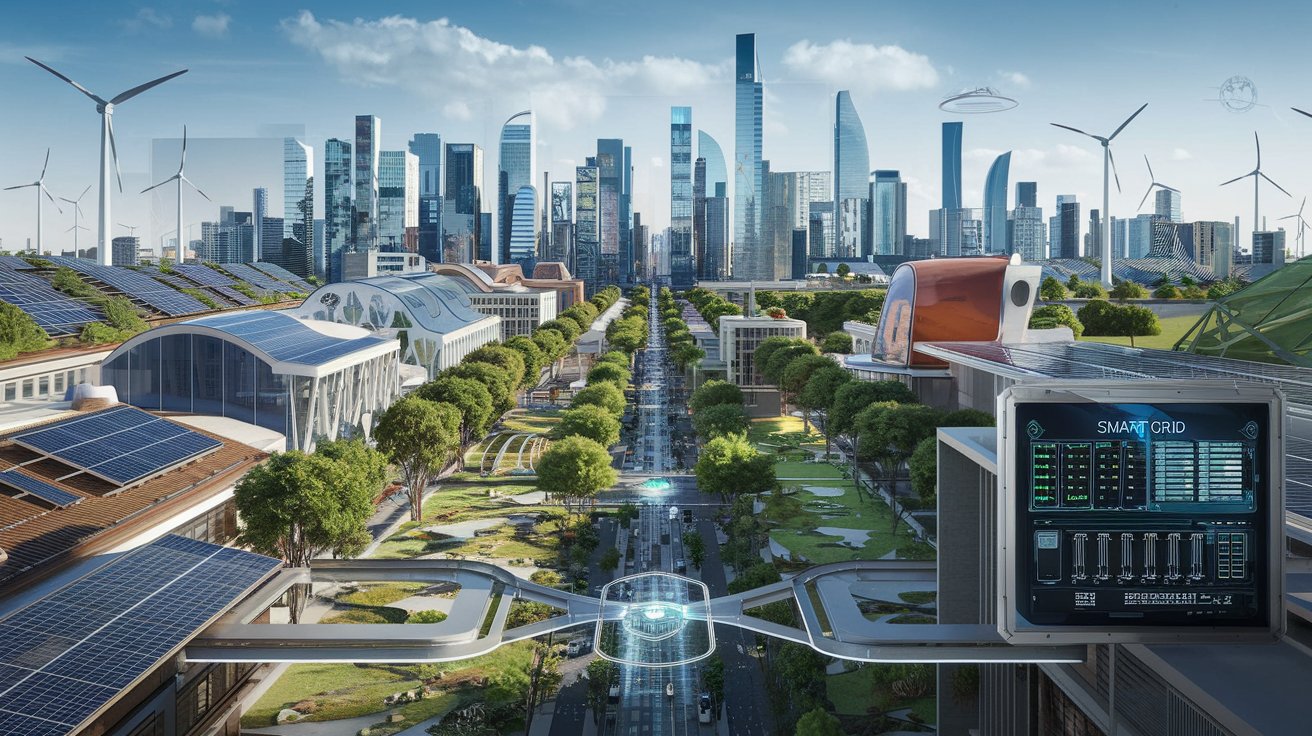
What Is Artificial Intelligence in Energy Management?
Artificial Intelligence in Energy Management refers to the use of AI-driven algorithms and systems to optimize energy production, distribution, and consumption. These intelligent systems analyze vast datasets in real time, ensuring energy efficiency and sustainability. By leveraging advanced machine learning techniques, AI can identify patterns in energy use, predict future consumption trends, and recommend adjustments…
-

The Further of Hydrogen Fuel Cell Car Technology: Revolutionizing Sustainable Mobility
As the automotive industry accelerates its shift toward sustainable transportation, the further of hydrogen fuel cell car technology is emerging as a promising solution to reduce carbon emissions and dependency on fossil fuels. With a focus on cleaner energy and enhanced performance, hydrogen fuel cell vehicles (FCVs) offer a glimpse into a greener future for…
-
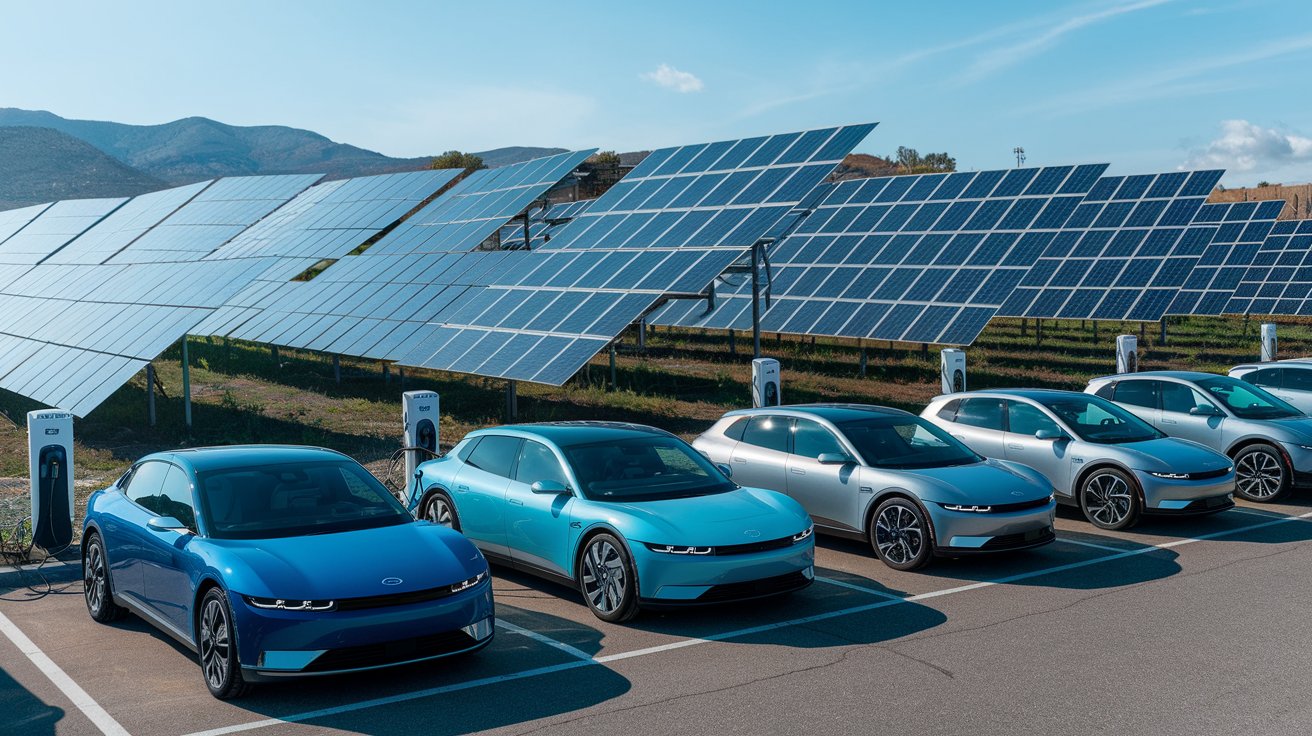
4 Renewable Energy Sources for Electric Vehicles
Introduction Electric vehicles (EVs) are changing the car business because they are better and last longer than cars that use oil. Being able to run electric cars with the 4 Renewable Energy Sources for Electric Vehicles is becoming more and more important as the number of electric cars on the road grows.Building a transportation system…
-
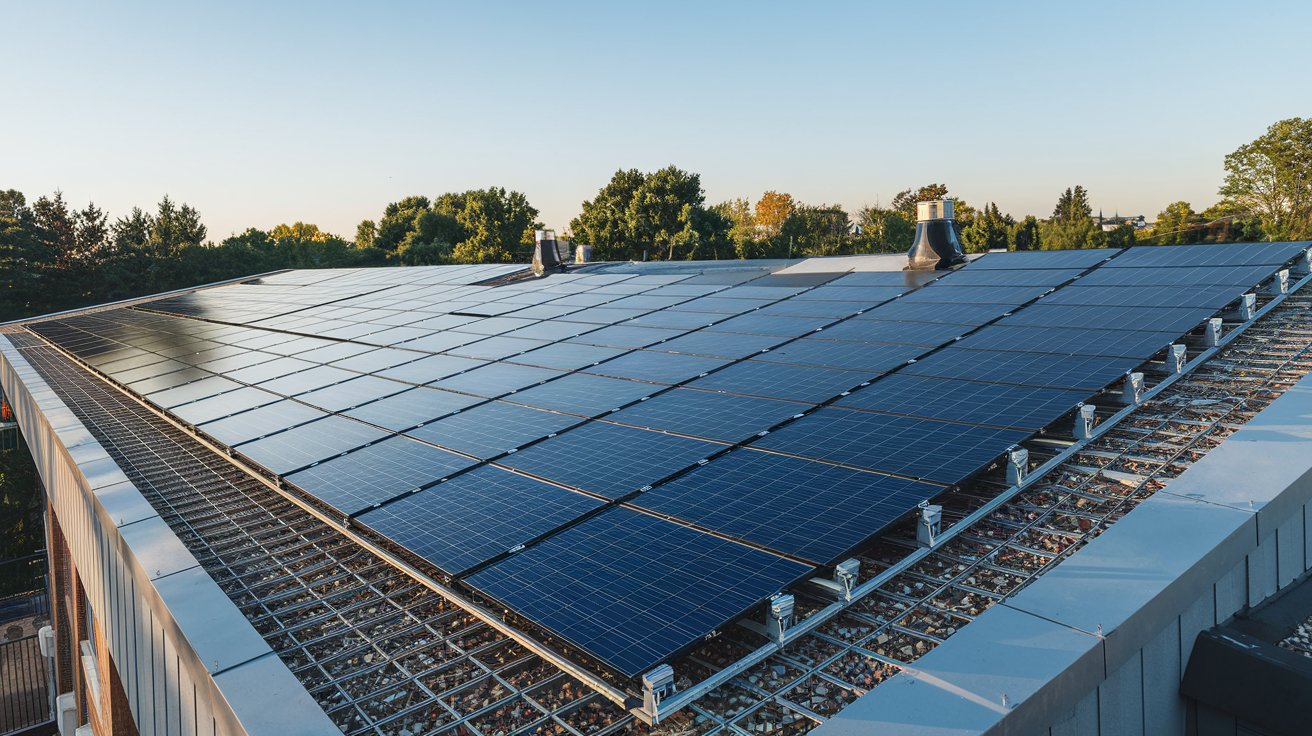
Thermal Solar Energy: Harnessing the Power of the Sun for Heating
With regard to sustainable energy, thermal solar energy is one of the best and most efficient ways to use the sun’s power. Photovoltaic systems use sunlight to make power. Solar thermal power, on the other hand, utilizes heat from the sun. After that, you can use this heat for a variety of purposes, like heating…
-
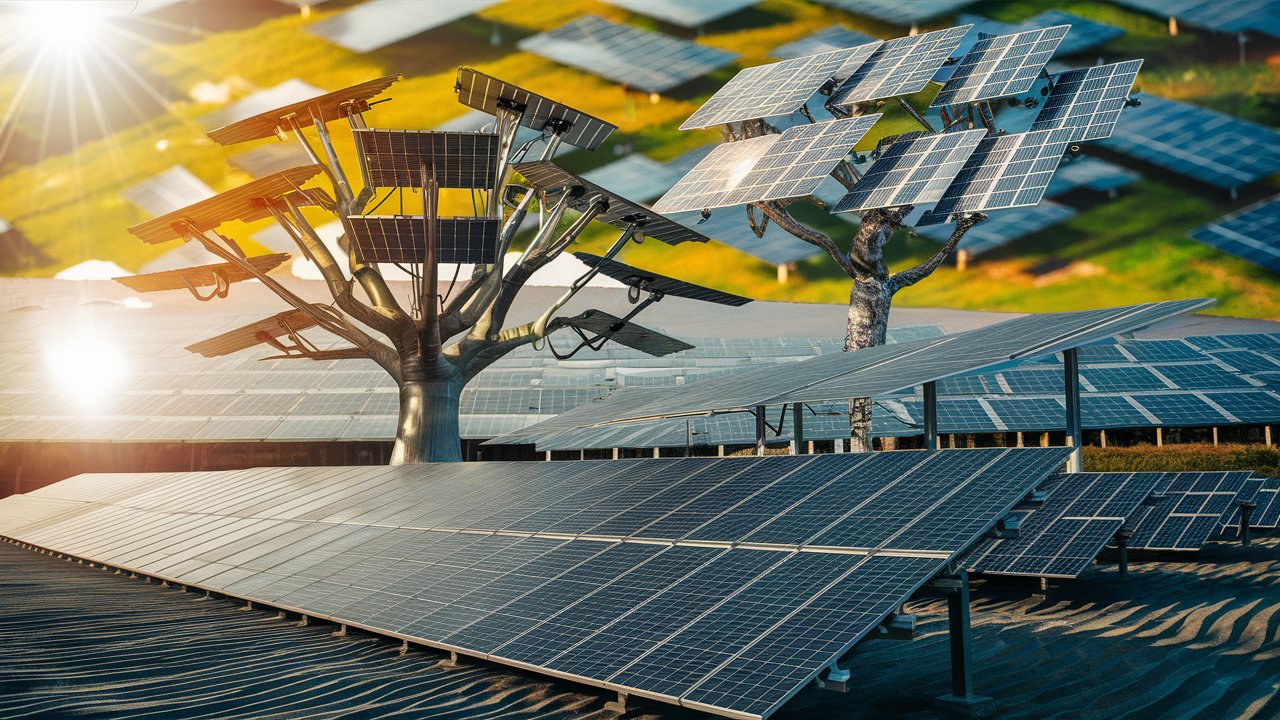
Methods of Harvesting Solar Energy
Introduction Solar energy harvesting is the process of extracting energy from the sun and converting it into useful forms like electricity or heat. This step is necessary to encourage clean energy practices and lessen our reliance on fossil fuels. Importance of Harvesting Solar Energy Harvesting solar energy is crucial for combating climate change, reducing energy…
-
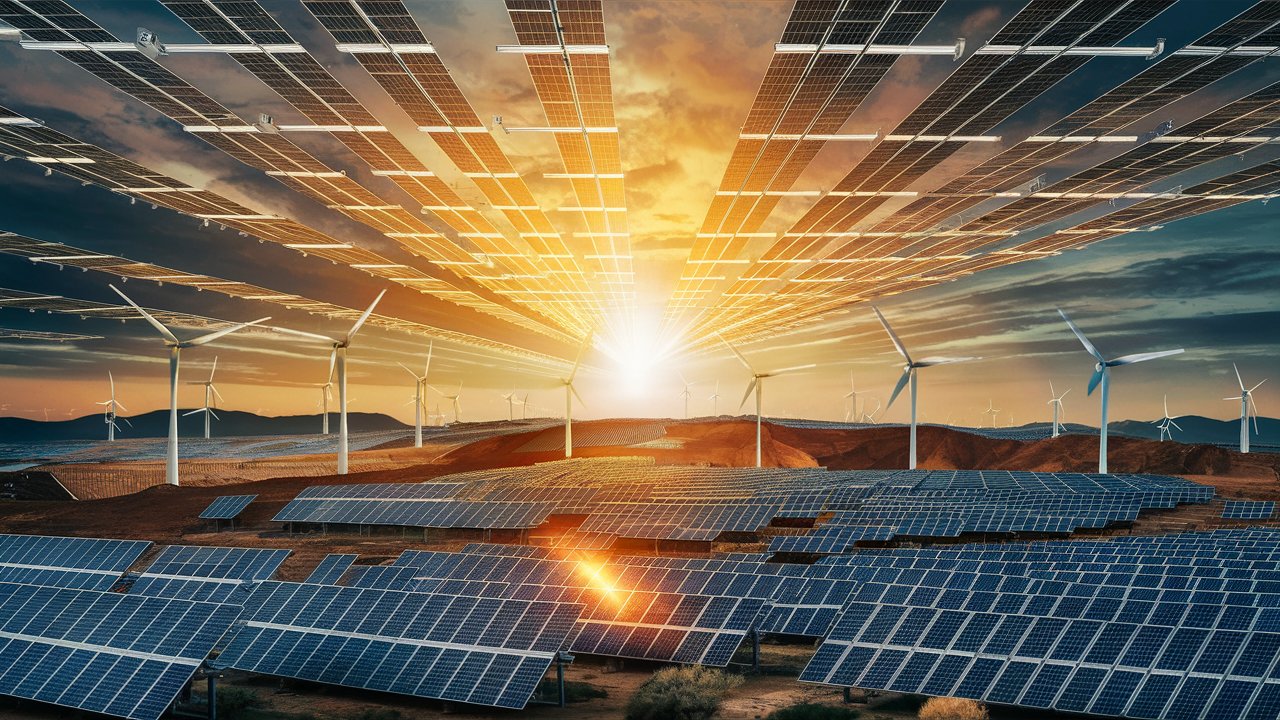
Solar Energy Reliability: Understanding the Dependability of Solar Power
As the world moves toward more environmentally friendly energy sources, the topic of Solar Energy Reliability is becoming more important. Solar power systems are becoming more popular, and many people want to know how trustworthy they are. This piece talks about what makes solar energy reliable and what its benefits are, and it answers some…
-
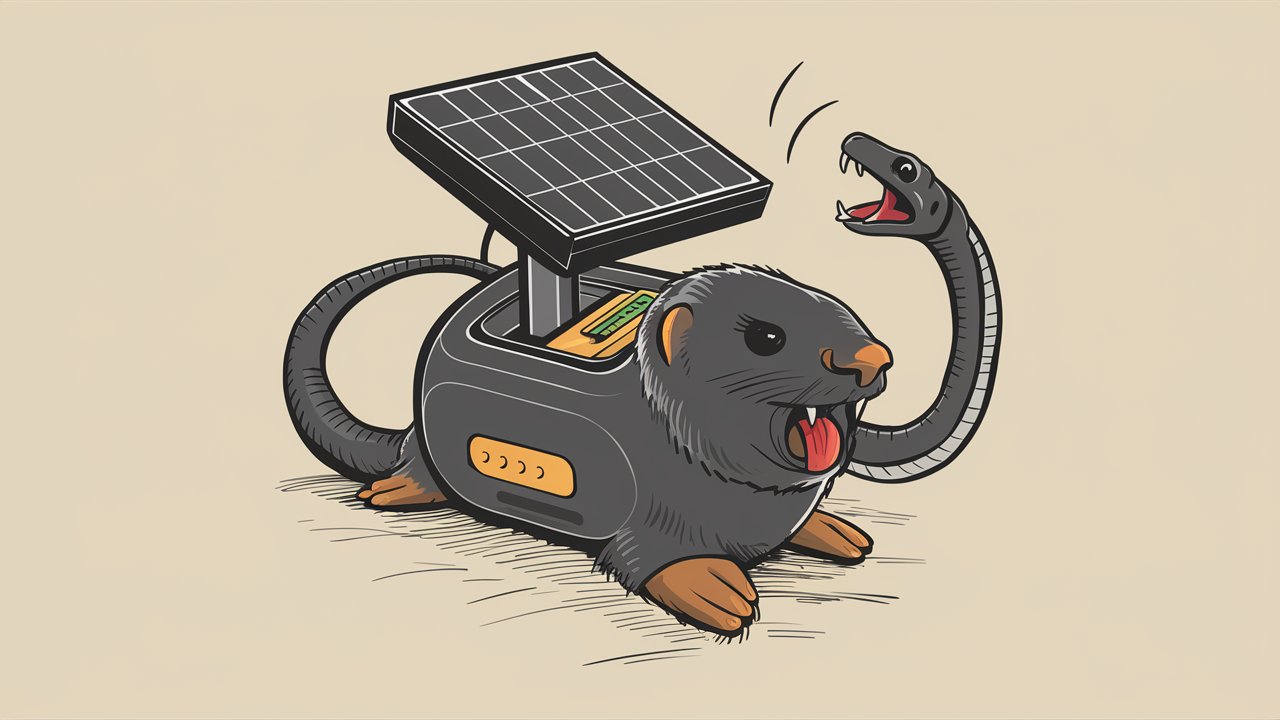
Solar Energy Mole and Snake Repeller: An Eco-Friendly Solution for Your Garden
Using solar energy to keep moles and snakes out of your garden is an innovative and eco-friendly way to keep it pest-free. This device uses the sun’s rays to keep pests away without using dangerous chemicals. In this article, we will talk about how mole and snake repellers work, their benefits, and some of the…
-
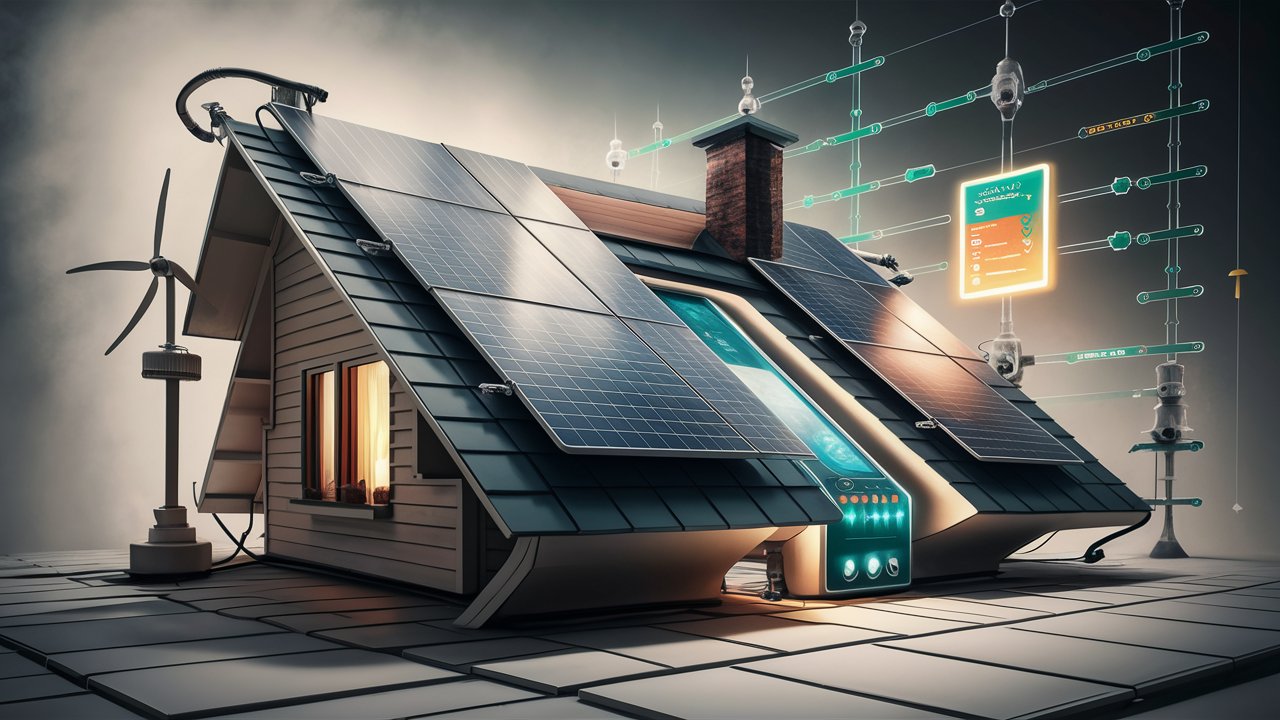
Solar power generator for home UK
Solar power generators use photovoltaic (PV) panels or solar thermal systems to turn sunlight into electricity. They get their power from the sun, which is a clean, renewable, and ongoing source of energy. A solar power generator for home UK is a cheap and eco-friendly way for people in the UK to get the power…
-

3 interesting facts about solar energy
Introduction Solar power is growing in importance in the world’s energy mix. Sunlight energy is unique because it is simple to get and shows a lot of promise as a long-term and renewable source of energy. This article will discuss three interesting facts about solar energy, highlighting its pros and cons. Understanding Solar Energy What…